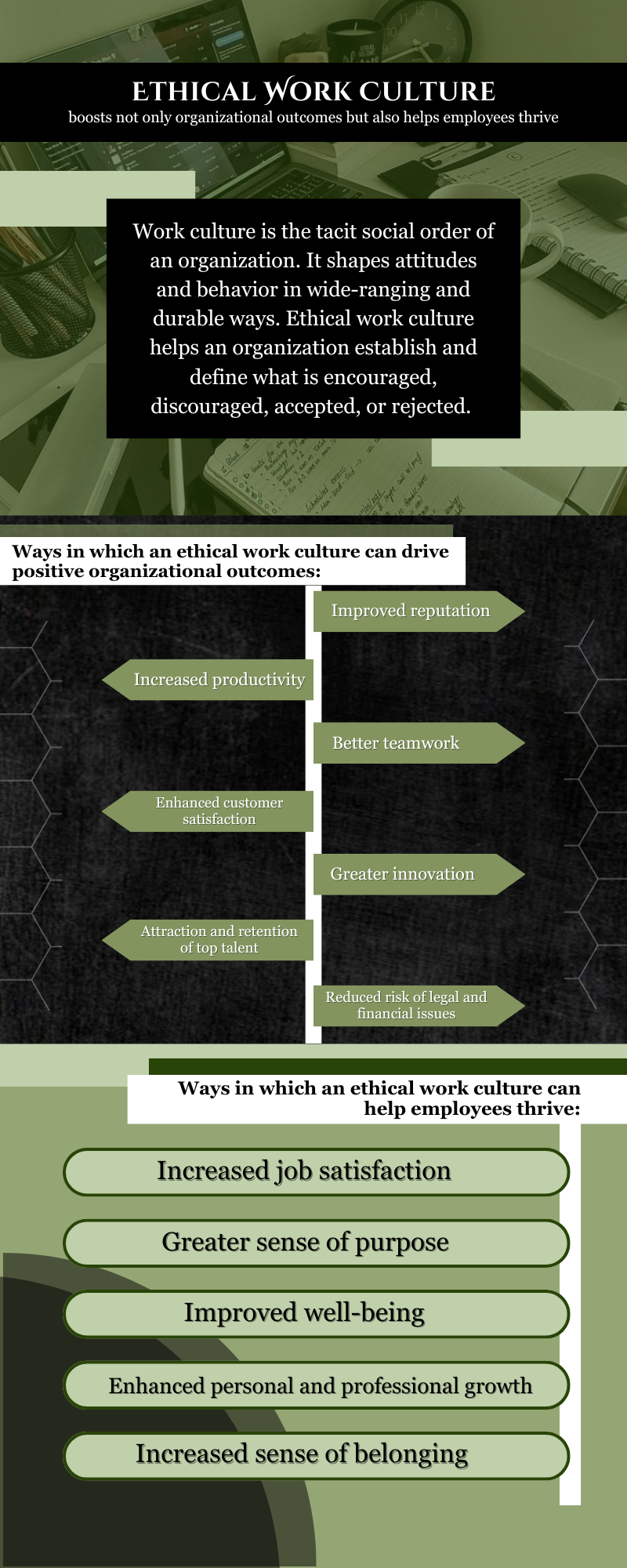Roadmap for Answer Writing Introduction Define Ethical Work Culture: Briefly explain what constitutes an ethical work culture and its importance. Thesis Statement: State that an ethical work culture leads to positive organizational outcomes and supports employee growth. I. Positive Organizational Outcomes A. Improved Reputation Fact: An ...
Answer: Law and order is a state subject under the Constitution of India and the police have a primary role to uphold and enforce laws, investigate crimes, and ensure security for people in the country. Ineffective policing and a constant call for police reforms highlight the various problems in theRead more
Answer: Law and order is a state subject under the Constitution of India and the police have a primary role to uphold and enforce laws, investigate crimes, and ensure security for people in the country. Ineffective policing and a constant call for police reforms highlight the various problems in the work culture of the police in the country and how the police personnel are increasingly finding it difficult to maintain a work-life balance. The various issues pertaining to the work culture of the police are as follows:
- The issue of indecision and risk aversion: Indecision is a form of rational self-preservation that is exercised by police officials from the various legal and extra-legal risks to their person, careers, and reputation. These risks originate from problems of organizational design, institutional norms, and other political factors, which include political interference, penal transfers, promotions, and legal over-monitoring and inquiries.
- The issue of inefficiency:
- The police force in most states is overburdened. Heavy workloads and extended shifts often affect their work-life balance.
- The police officials are not adequately trained, they lack technical expertise, and tools to counter/monitor/investigate the cases, in the wake of advancement in the acts of crimes.
- Promotion is tenure-based and politically motivated. There is a poor incentive for working hard. Also, compared to the private sector, the pay scale is low.
- The issue of lack of empathy:
- Compassion fatigue is an undesirable consequence in professions where individuals are constantly dealing with vulnerability, tensions, crime, and exhaustion.
- Insensitive handling of women and other vulnerable communities-related cases takes place because proper sensitization and regular training in human rights are not being provided.
In this regard, the state governments have adopted some of the institutional reforms as directed by the Supreme Court in the Prakash Singh case. However, further improvements are required:
- To ensure that the state government does not exercise unwarranted pressure on the police, the dominance of government and police officials in the State Security Commission must be discouraged.
- Transfers, postings, promotions, and other service-related matters of police officers must be done through a merit-based transparent process.
- Police Complaints Authority (PCA) must be empowered to inquire into and monitor the public complaints against police officers in cases of serious misconduct, including custodial death, grievous hurt, or rape in police custody, within an appropriate time period.
- In order to encourage specialization and upgrade overall performance, there should be a gradual separation of investigative and law and order functions of the police.
- SMART i.e., strict and sensitive, modern and mobile, alert and accountable, reliable and responsive, and tech-savvy and trained police force should be created.
A happy and ethical work environment often sets the tone for the efficient functioning of its personnel. Today’s challenges not only need an advanced, well-trained, and modern police force but also a sensitive and empathetic unit.
See less

Model Answer Introduction An ethical work culture is the underlying social order that shapes the behaviors and attitudes within an organization. It plays a crucial role in defining what is accepted or rejected, ultimately influencing both organizational success and employee development. Positive OrgRead more
Model Answer
Introduction
An ethical work culture is the underlying social order that shapes the behaviors and attitudes within an organization. It plays a crucial role in defining what is accepted or rejected, ultimately influencing both organizational success and employee development.
Positive Organizational Outcomes
1. Improved Reputation
An ethical work culture enhances the organization’s reputation, making it more attractive to customers and potential employees. A strong ethical stance signals integrity and reliability.
2. Increased Productivity
Employees in ethical environments are often more motivated and engaged. This heightened engagement leads to improved job performance, which in turn boosts overall productivity.
3. Better Teamwork
Ethical cultures promote honesty and trust, which fosters collaboration among employees. This cooperative spirit enhances teamwork and leads to better project outcomes.
4. Enhanced Customer Satisfaction
When employees feel valued and supported, they are more likely to deliver high-quality customer service, which significantly increases customer satisfaction.
5. Greater Innovation
An ethical environment encourages employees to voice their ideas, leading to greater innovation and creative solutions within the organization.
6. Attraction and Retention of Talent
Organizations that prioritize ethics attract and retain top talent, as employees prefer to work for companies that align with their values.
7. Reduced Legal Risks
An ethical culture minimizes the risk of legal and financial issues, as employees are more inclined to follow regulations and act in the organization’s best interests.
Supporting Employee Growth
1. Increased Job Satisfaction
Employees in fair, ethical environments report higher job satisfaction, feeling secure and valued in their roles.
2. Greater Sense of Purpose
An ethical culture helps employees find meaning in their work, knowing their contributions make a positive impact.
3. Improved Well-Being
Workplaces that prioritize ethics promote a healthier work-life balance, reducing stress among employees.
4. Enhanced Growth Opportunities
By encouraging idea-sharing, ethical cultures create opportunities for personal and professional development.
5. Increased Sense of Belonging
Valuing diversity and inclusion fosters a sense of belonging, making employees feel respected and valued.
Conclusion
An ethical work culture not only drives organizational success but also nurtures employee growth and satisfaction. By fostering an environment of integrity, organizations can achieve sustainable success while supporting their employees’ personal and professional development.
See less